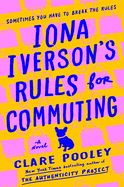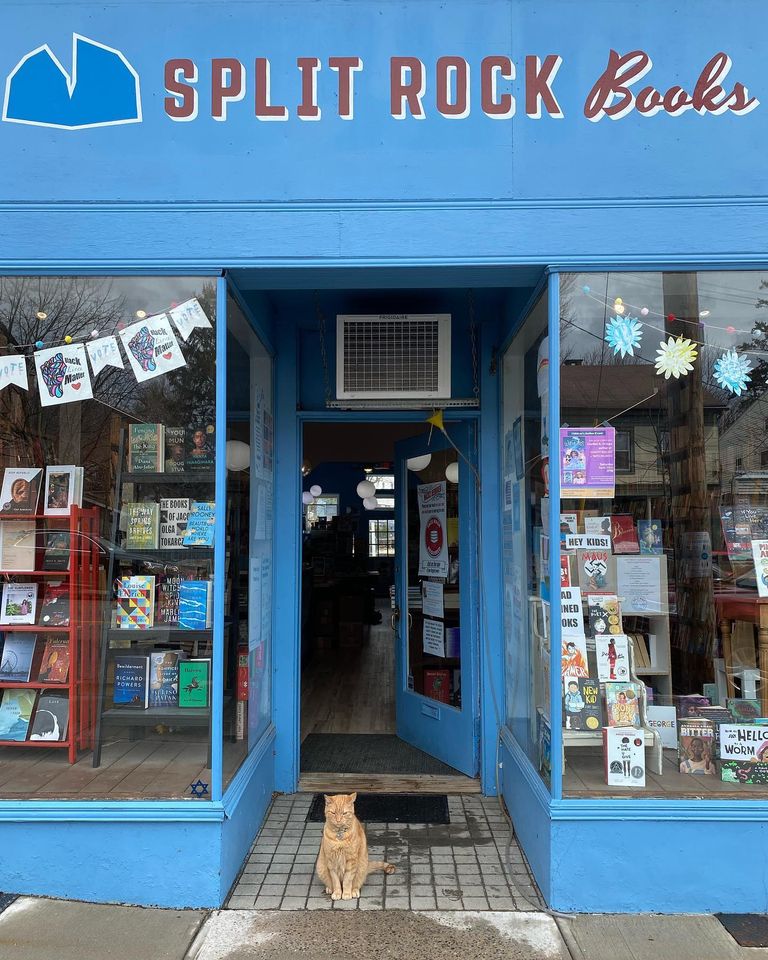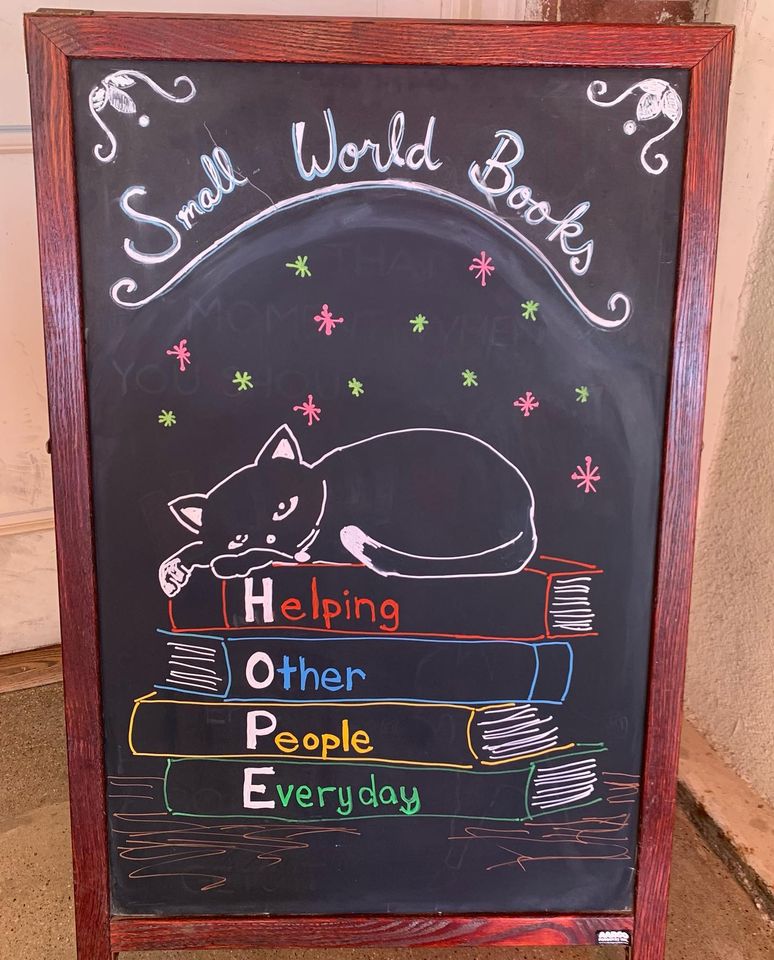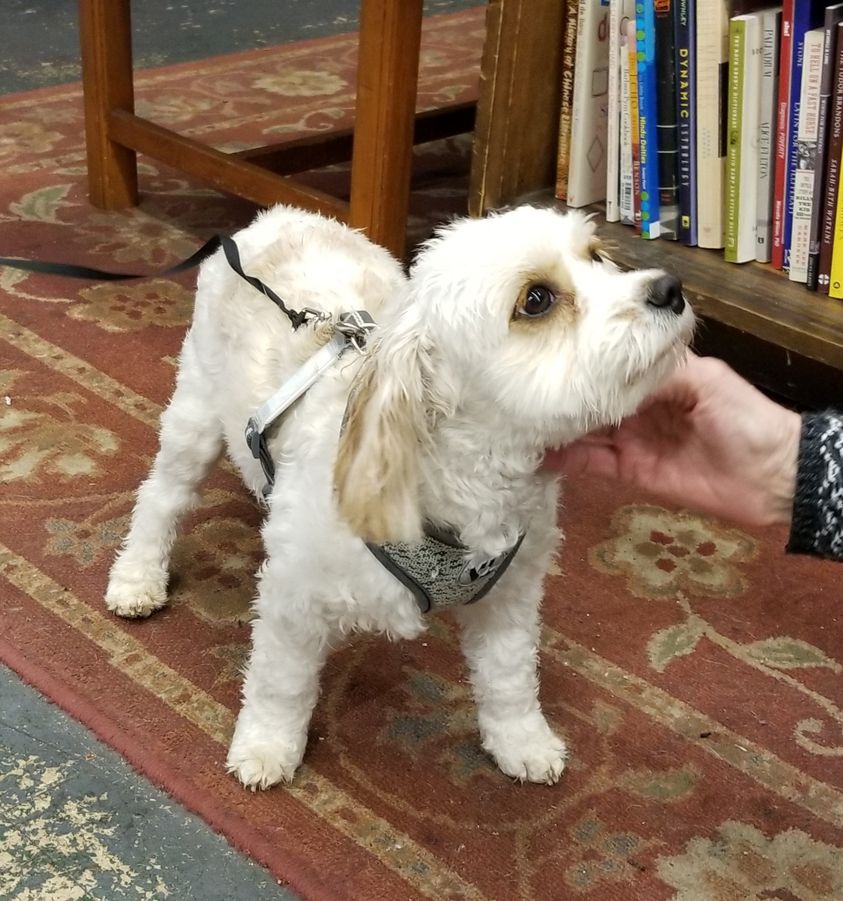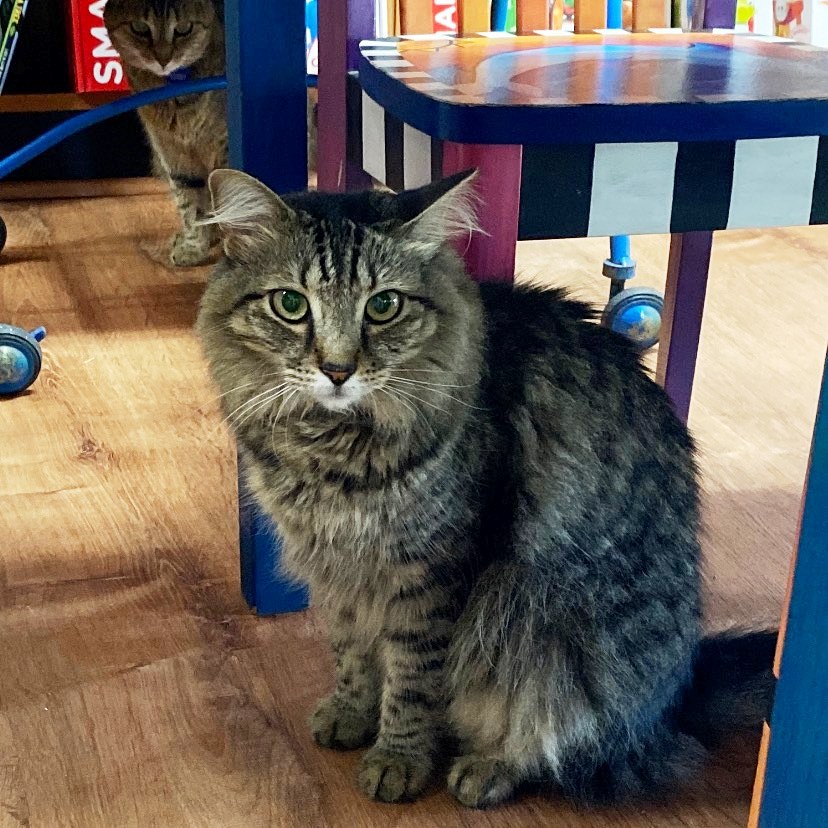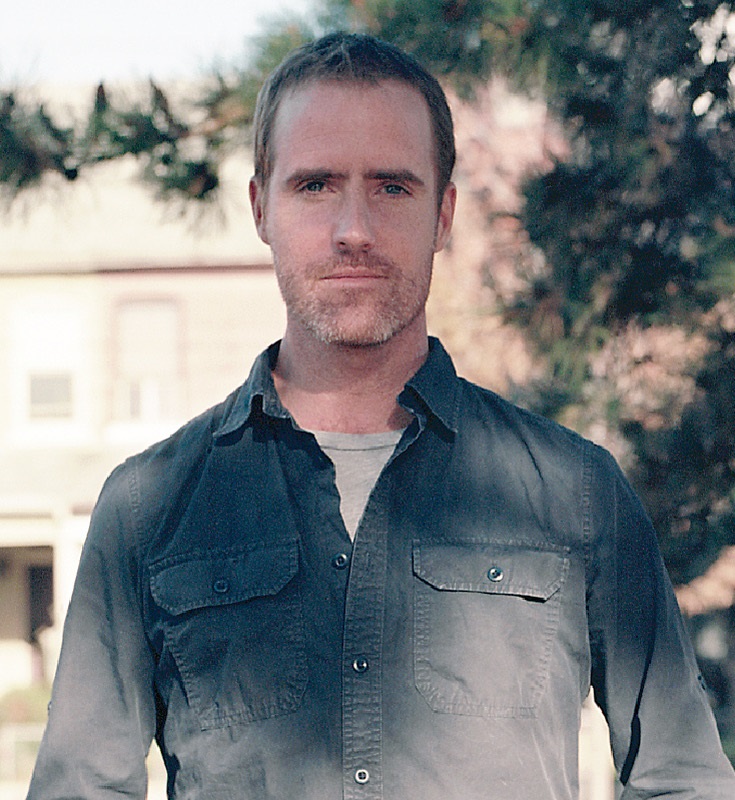 |
| photo: Mary Anderson |
Journalist and author Matti Friedman's debut book, The Aleppo Codex, won the 2014 Sami Rohr Prize and ALA's Sophie Brody Medal. His memoir, Pumpkinflowers: A Soldier's Story, was chosen in 2016 as a New York Times Notable Book. Spies of No Country: Secret Lives at the Birth of Israel won the 2018 Natan Book Award and the Canadian Jewish Literary Award. Friedman's latest book, Who by Fire: Leonard Cohen in the Sinai (out now from Spiegel & Grau), follows the little-known story of Cohen's concert tour on the front lines of the Yom Kippur War, including never-before-seen selections from an unfinished manuscript by Cohen.
Handsell readers your book in about 25 words:
The story of an artist at war, one of the strangest concert tours in history and the way in which, decades later, that moment echoes in our culture.
On your nightstand now:
I'm reading Pax Britannica by Jan Morris, the second book in her trilogy about the rise and fall of the British Empire. Morris is a wonderful writer of the old school. She wasn't interested in the kind of cynicism, moralizing and apologetic posing that are expected nowadays. She headed out into the world looking for wonder, humor and humanity, making her nonfiction such a lasting pleasure.
Next to Jan on my nightstand is Russian genius Isaac Babel's Red Cavalry, which I just finished. In a series of very short stories based loosely on his own experience, Babel chronicles the failed Bolshevik invasion of Poland, circa 1920, in which he rode with the Cossacks. I know that might not sound fun to everyone! But Babel's writing captures not only the violence but also the crazy energy of the time. Every sentence gallops like a Cossack pony going somewhere unexpected. And although he's very much part of the revolutionary scene, Babel never makes the mistake of caring about ideas more than people. That's probably why he had to be shot by the secret police.
Favorite book when you were a child:
It's not original, but my favorites were probably the Narnia books by C.S. Lewis. The idea of heading off on a great adventure appealed to me (and still does). So did the idea that the world may contain evil but is basically populated by good fauns and talking beavers who'll help you out. I missed the Christian symbolism until rereading it years later to my own kids. They remain wonderful stories. The Voyage of the Dawn Treader, about a sea journey to the edge of the world, is a particular favorite.
Your top five authors:
George Orwell, the master of clear-eyed journalism. Alice Munro, who finds the thundering human heart in the quiet Ontario countryside, a landscape close to my own heart. Nicole Krauss, whose recent collection To Be a Man is some of the best fiction I've read in years. Vasily Grossman, the ultimate chronicler of the individual caught up in vast tragedies. And the early John le Carré, the bard of the Cold War, who saw that espionage was a perfect metaphor for the identity games we're all playing.
Book you've faked reading:
I've never claimed to have read it, but feel like I should have and yet haven't penetrated the introduction and maybe the first third: Orientalism by Edward Said. It's such an influential book that I've tried to get through it all a few times but have failed, because I'm too spoiled to suffer through truly awful academic prose.
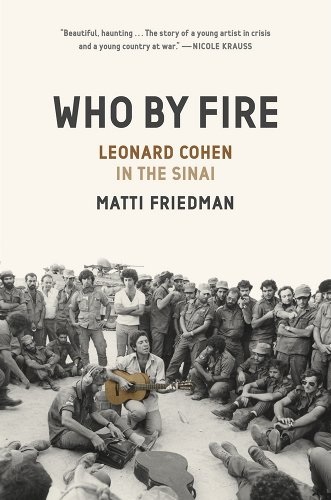 Book you're an evangelist for:
Book you're an evangelist for:
The word "evangelist" may be triggering an association here, but I'll choose a little-known indie book called the Hebrew Bible. I'm currently reading the Book of Samuel with a friend once a week. We're in the King David cycle. For power of language and character and for sheer strangeness, it's impossible to beat. There's a reason it has had such a long print run. Reading those books strongly suggests we should be modest about how much we've advanced in our understanding of ourselves or in our storytelling ability over the past 2,500 years.
Book you've bought for the cover:
Oranges by John McPhee, first published in 1967. The cover has this drawing of a round neon orange, set against rolling Florida orchards and hills with a weird orange sky, and the whole thing just says, I'm tangy and idiosyncratic, so buy me! (The cover was designed by Darren Wall. Nice work, Darren.) The part of the cover that says "John McPhee" is obviously also a draw.
Book you hid from your parents:
This sounds like a lie, but I don't remember ever hiding a book from my parents. I'm not just saying this because my parents are likely to read this q&a.
Book that changed your life:
There have been many, but I'll choose River Town: Two Years on the Yangtze by Peter Hessler, which I picked up about 20 years ago when I was in my early 20s. It was lying around my parents' living room at the time after I was discharged from the military, and my brain was slowly coming back online. It's the story of his time in the Chinese city of Fuling while he was in the Peace Corps, and it was the first time I'd really noticed the idea of "narrative nonfiction." I've never been in any kind of writing program and had never heard that term at the time, but it's more or less what I've ended up doing with my life.
Favorite line from a book:
"There is a tide in the affairs of men, which taken at the flood, leads on to fortune; Omitted, all the voyage of their life is bound in shallows and in miseries. On such a full sea are we now afloat." --William Shakespeare, Julius Caesar
Five books you'll never part with:
The ones I won't part with are the ones I find myself returning to all the time.
The Road by Vasily Grossman (translated from the Russian by Elizabeth Chandler, Robert Chandler and Olga Mukovnikova). Unforgettable stories from the Soviet century.
Essays by George Orwell (Everyman's Library). The great man shows us how it's done.
The Great War and Modern Memory by Paul Fussell. A demonstration of how history lives in culture and an introduction to the unforgettable literary generation of World War I.
Reporting Vietnam, Part One and Part Two (Library of America). A collection that presents a war as it unfolds, without the safe distance of the historian. It includes terse news reporting from the bush and also literary essays, such as Tom Wolfe's "The Truest Sport," one of the best pieces of journalism I've ever read.
A Writer's World by Jan Morris. A book of dispatches from more or less everywhere between 1950 and 2000 and a great source of writing inspiration. Her essay about Toronto was the first time I remember thinking that I might have grown up in an interesting city after all; I was 35 or so.
Book you most want to read again for the first time:
The first volume of The Last Lion, William Manchester's trilogy of biographies about Winston Churchill. It's a 900-page book that seemed to blow by in minutes, illustrating not only what a world-changing personality looks like but also how a great biographer operates. You finish the book in awe of both.
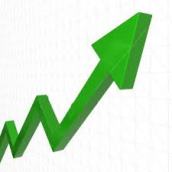 In February, bookstore sales jumped 27%, to $583 million, compared to February 2021, according to preliminary Census Bureau estimates. By comparison to pre-pandemic times, bookstore sales in February dropped 1.7% in relation to February 2020. For the year so far, sales have risen 17.2%, to $1.5 billion, compared to the first two months of 2021.
In February, bookstore sales jumped 27%, to $583 million, compared to February 2021, according to preliminary Census Bureau estimates. By comparison to pre-pandemic times, bookstore sales in February dropped 1.7% in relation to February 2020. For the year so far, sales have risen 17.2%, to $1.5 billion, compared to the first two months of 2021.








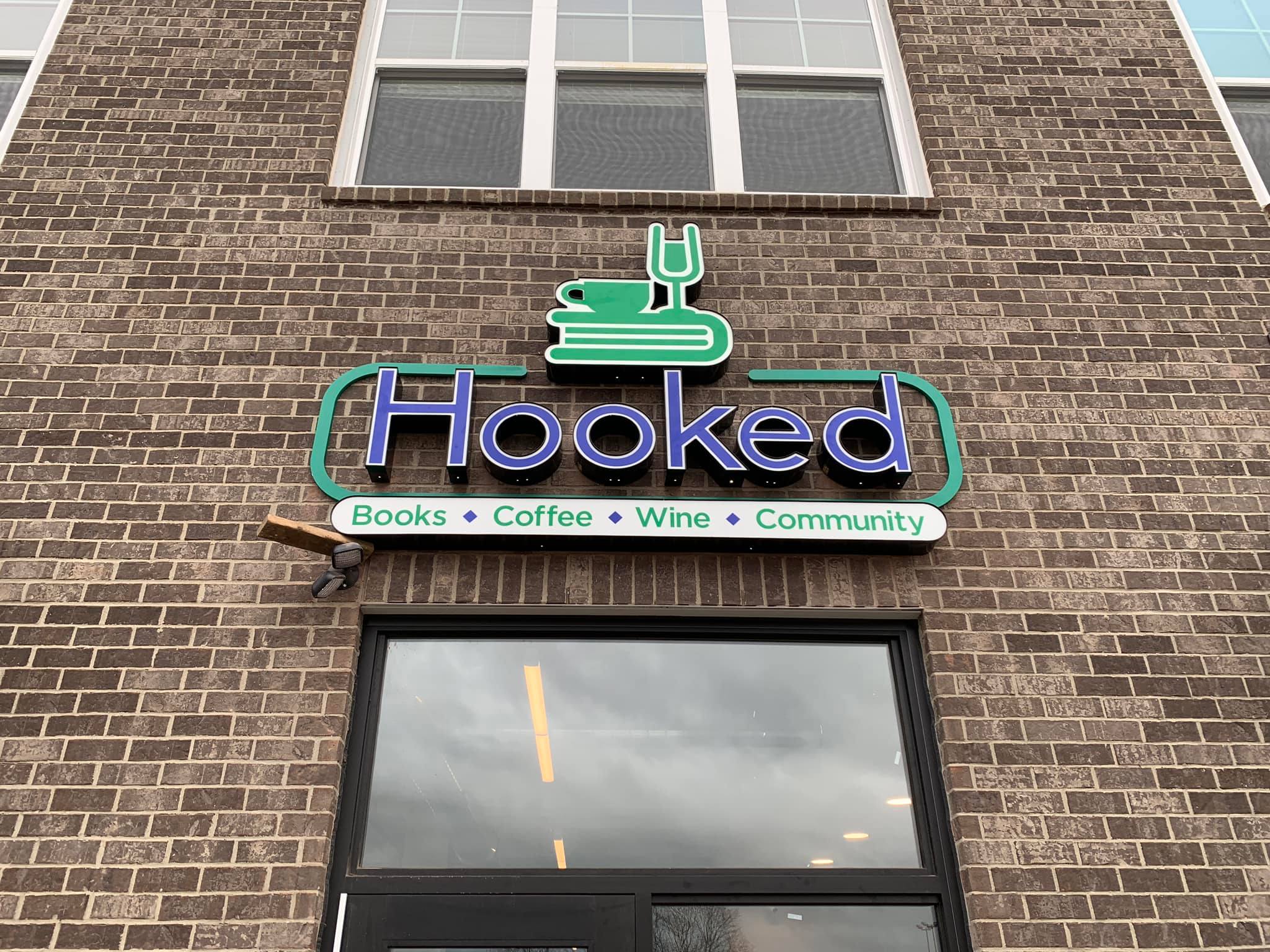
 Hooked has been taking shape in a 3,000-square-foot, ground-floor space for several months, but the owners have been planning for the business for years. "At this time last year, we said we'd like to be open around this time," Grossman noted, adding that the store's soft opening is scheduled for Monday morning, "surprisingly" right on time.
Hooked has been taking shape in a 3,000-square-foot, ground-floor space for several months, but the owners have been planning for the business for years. "At this time last year, we said we'd like to be open around this time," Grossman noted, adding that the store's soft opening is scheduled for Monday morning, "surprisingly" right on time.
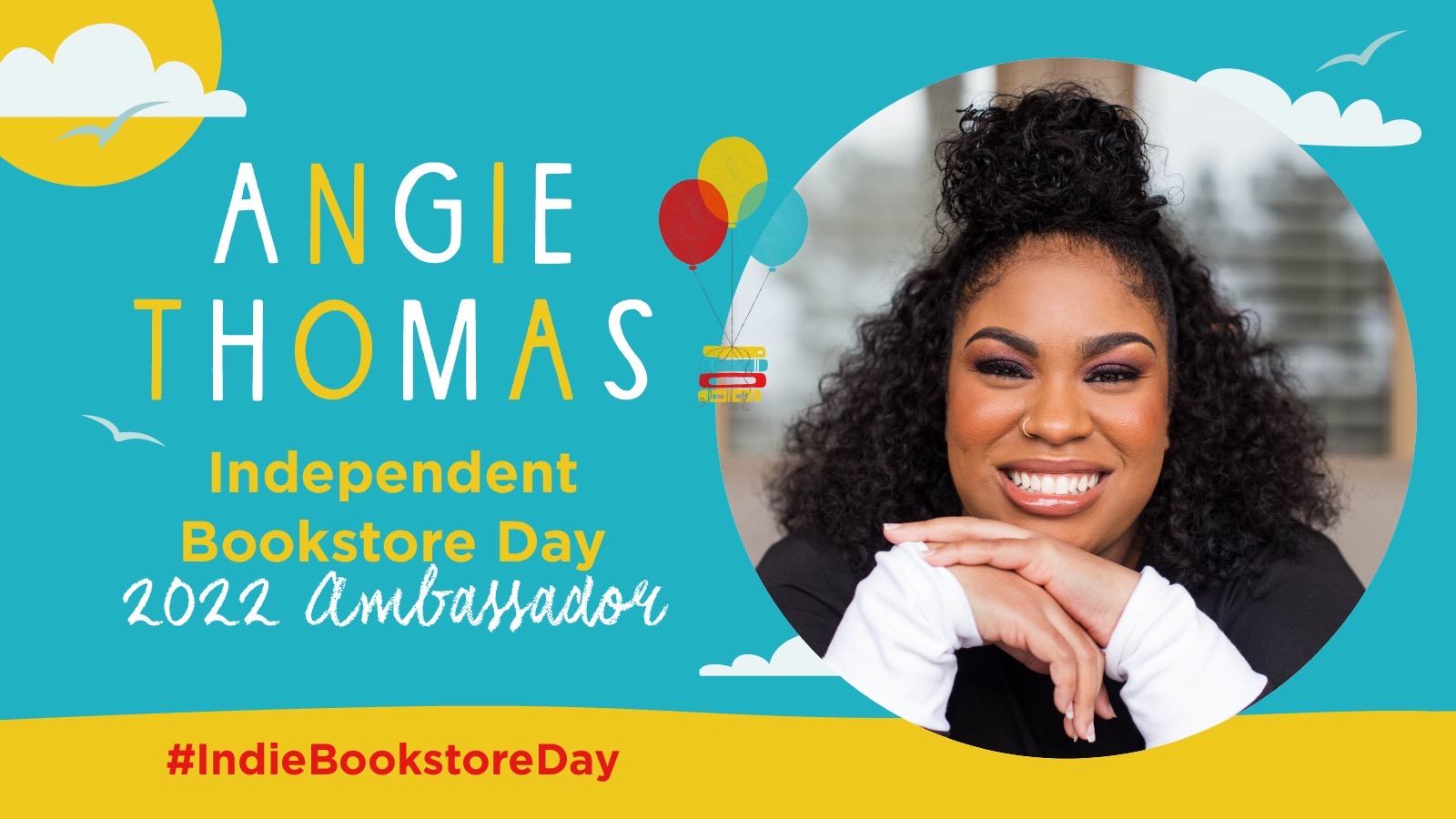
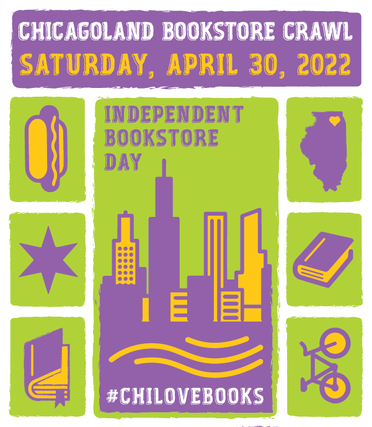 Forty independent bookstores throughout the greater Chicago area are once again teaming up for the
Forty independent bookstores throughout the greater Chicago area are once again teaming up for the 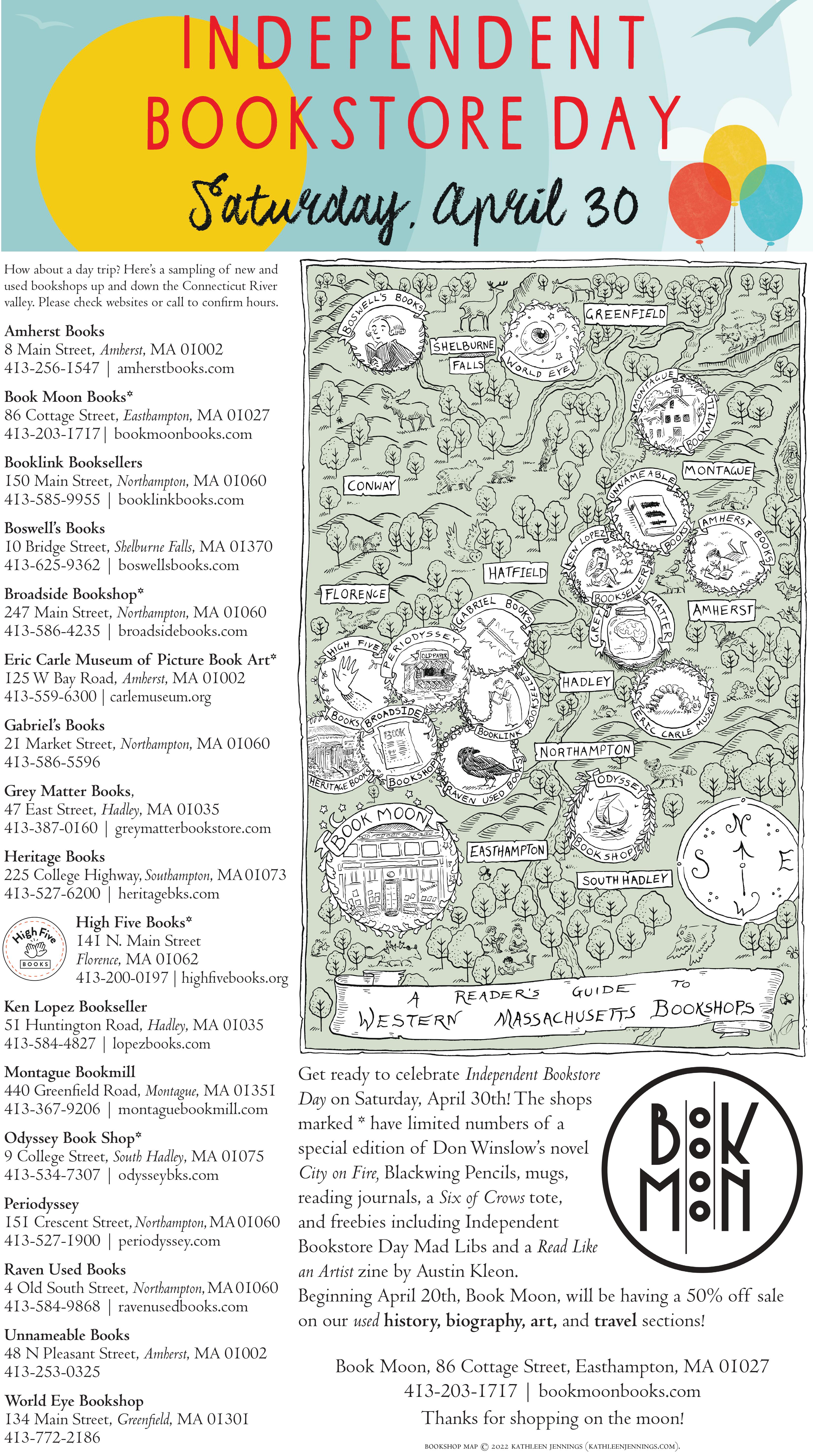
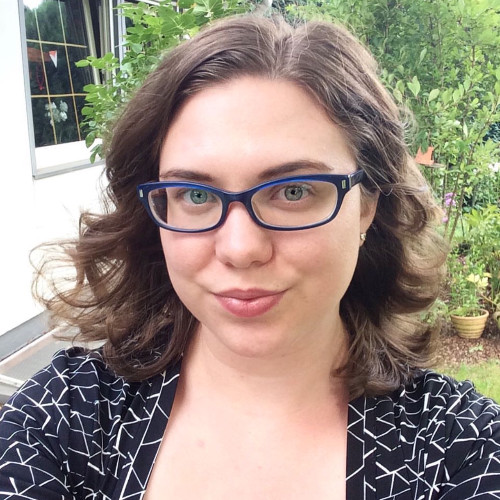
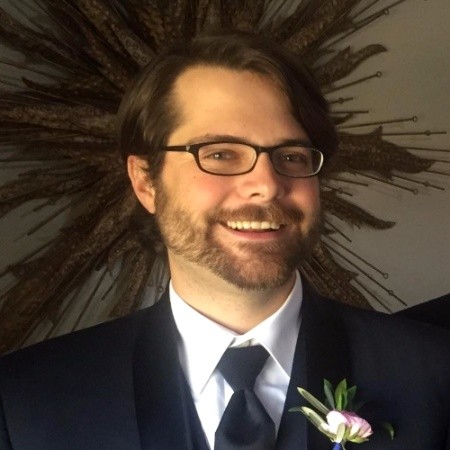


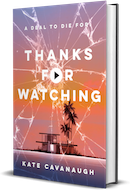
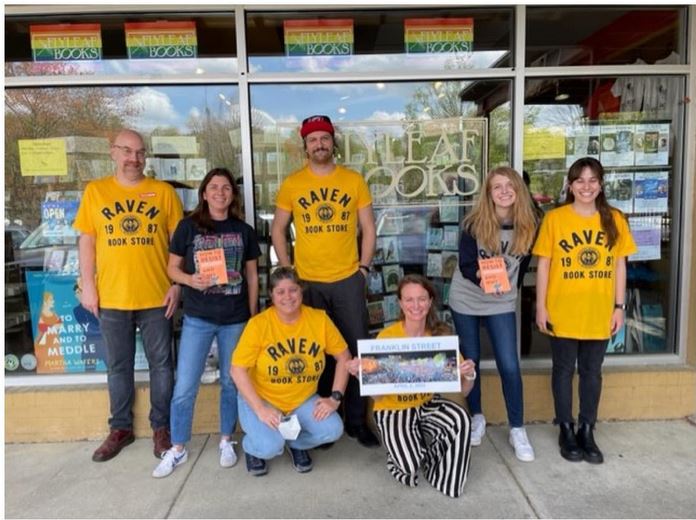 March Madness Update from
March Madness Update from 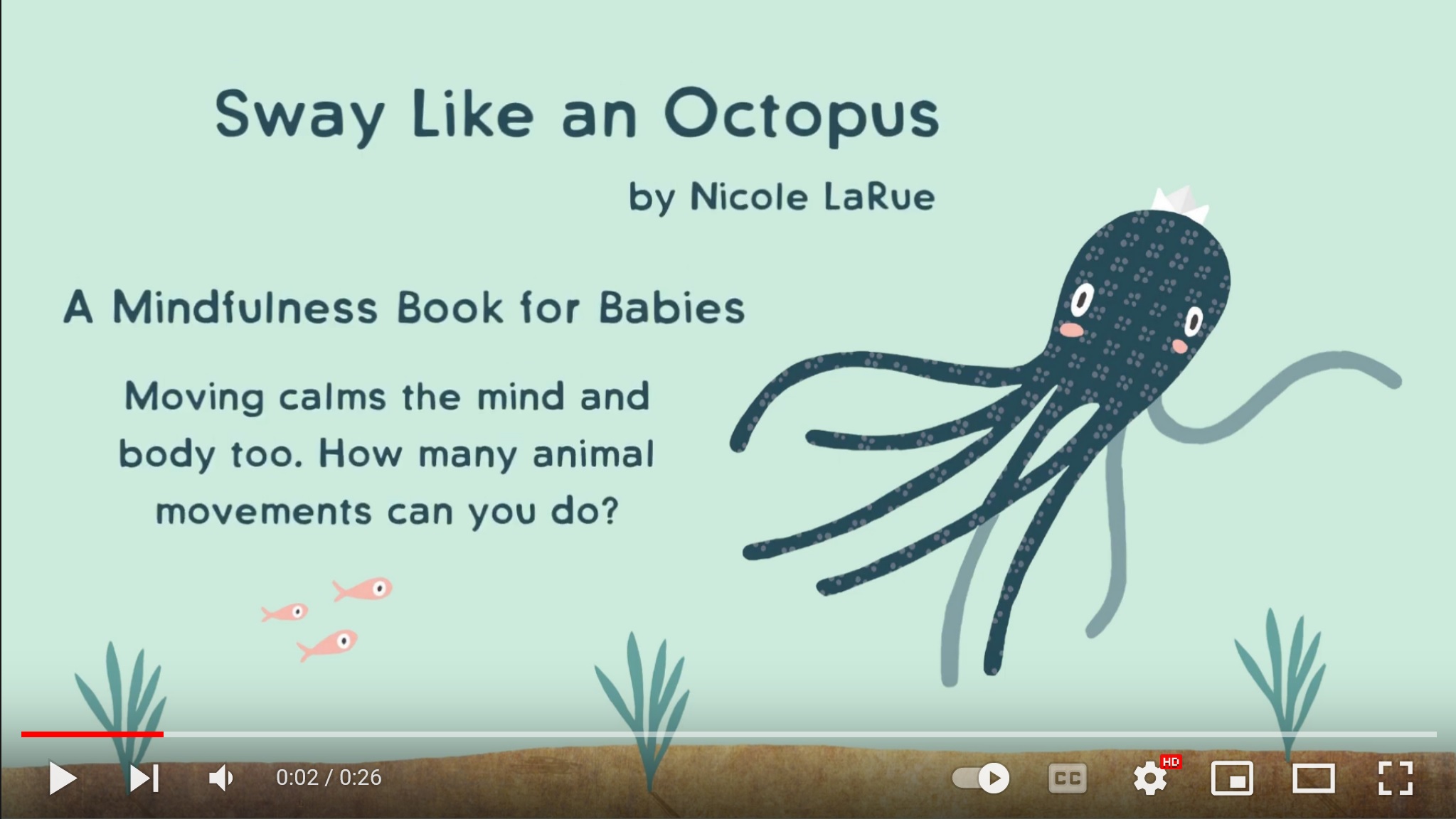 Sway Like an Octopus
Sway Like an Octopus
 Book you're an evangelist for:
Book you're an evangelist for: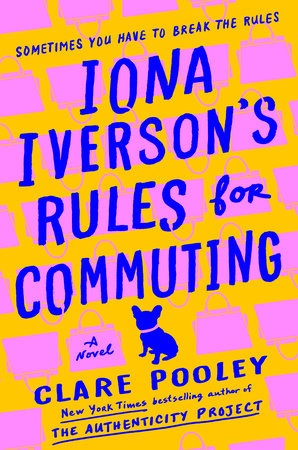 In the world today, many people tend to live anonymously, in their own personal microcosms. However, in Iona Iverson's Rules for Commuting, British author Clare Pooley brings people together--strangers--in such a fun, spirited way that it's bound to spark readers to expand their worldview.
In the world today, many people tend to live anonymously, in their own personal microcosms. However, in Iona Iverson's Rules for Commuting, British author Clare Pooley brings people together--strangers--in such a fun, spirited way that it's bound to spark readers to expand their worldview.